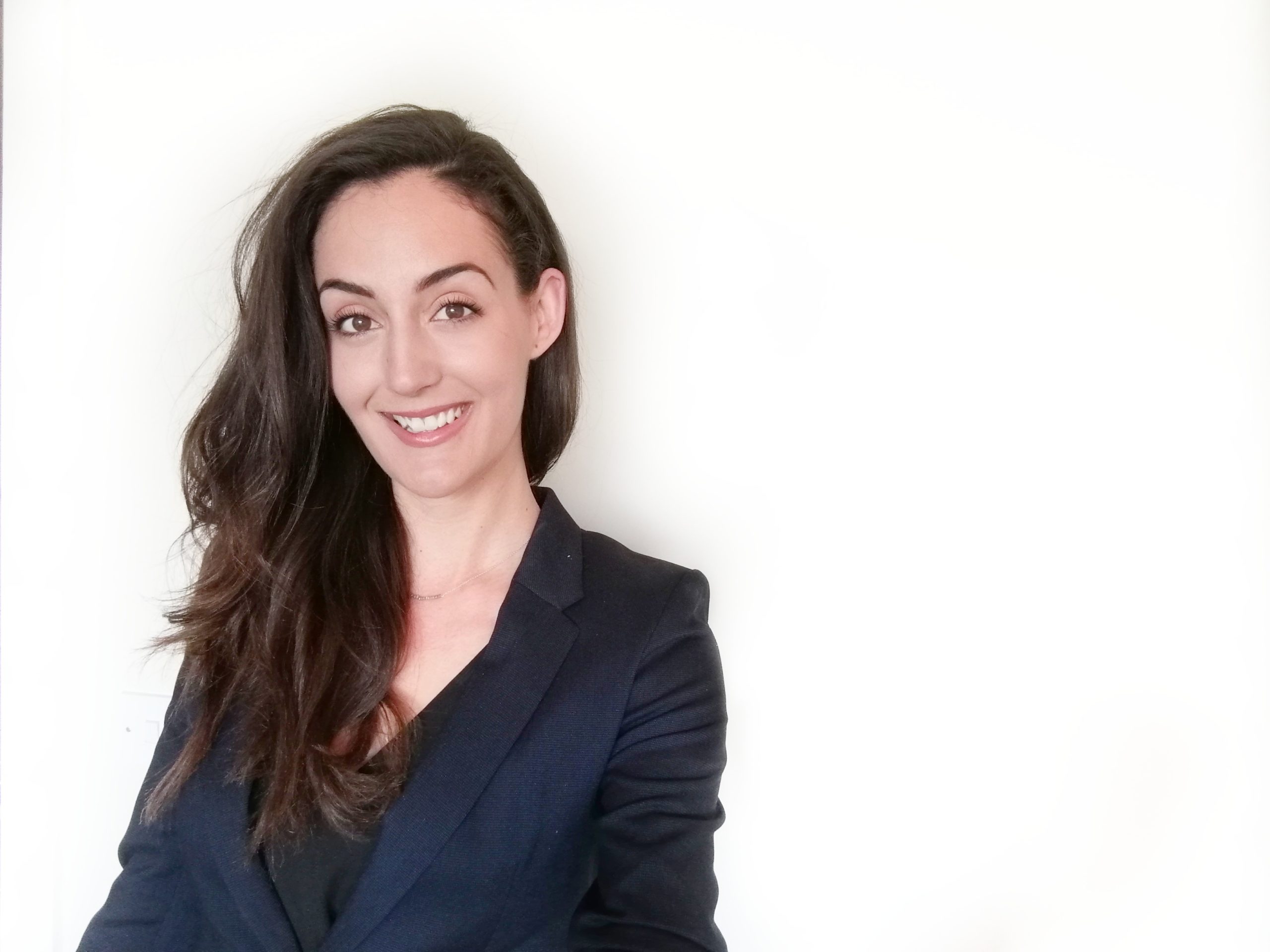VUCA – Uncertainty Is Just One Element
For many years those of us working in the leadership arena have found ourselves discussing VUCA.
VUCA is an acronym that stands for volatility, uncertainty, complexity and ambiguity. This combination of qualities taken together, characterise the nature of difficult conditions and situations where change is accelerating on a rapid level; technology, economics, warfare, world leadership, extremism, conflict, political dysfunction, social media, automation etc.
We have recently been witnessing VUCA together on a global scale due to Corona Virus Disease 2019.
Every single one of us have adapted in so many different ways.
But there is still a level of uncertainty, because business and life is not what it used to be, and will never be again.
We all have many questions: What’s coming next? How will this effect our lives long-term? What is the impact on our relationships, communities, organisations, economy, health?
Adapting at the speed of change that has been required has put pressure on us all in so many different ways.
To thrive in this VUCA world, uncertainty is the new normal. In life, so many of us try to control situations and to create stability and security. As we can see right now, there is so much that is beyond our control.
I’ve been thinking about a few things each of us can do to continue to get used to living in this VUCA world.
Here are 3 tips:
1. Control
What one thing can you create in your day that you can be certain about and that gives YOU a sense of having some control. This could be as simple as ‘regardless of what is going on around me, I eat an orange every day at 8am’, or ‘I get 15 minutes of air every single day at lunchtime’, or ‘I call one friend or colleague to check in at the start or end of my day’.
2. Flexibility
Having built in one thing that you can control. What can you do to help yourself have a more flexible approach to life, relinquishing some need to control? You may have a plan but one thing is certain, you will need to shift and change with the circumstances. We are all having to continue shifting to the new circumstances. Many of us are continuing to self-isolate. Many still have to entertain children while schools are closed as well as doing all their work from home. Many are having to re-think our roles and businesses.
As this new life and world continues to evolve, I recommend checking in with yourself on a daily basis and asking yourself ‘In what ways could I be more flexible?’ or ‘In what ways could I relinquish control? – ‘with myself, with other people and with the situation I find myself in?’ Things don’t’ have to be done the way they have always been done, clearly. Nevertheless we are creatures of habit, and we will fall into assumptions, expectations and judgements. This VUCA world is likely to continue, so how can you become more flexible in how you go about life?
3.Media Consumption
Be careful what media you are following. What are the facts? And be careful with your level of intake of the various media. Do you really need the updates every few minutes, every hour or even every day? There is only so much negative information our brain can interpret and our mind can digest before our mental health is affected.
I have found it helpful to check in with myself on all three items weekly and sometimes daily. Give it a go and let me know how you get on?



